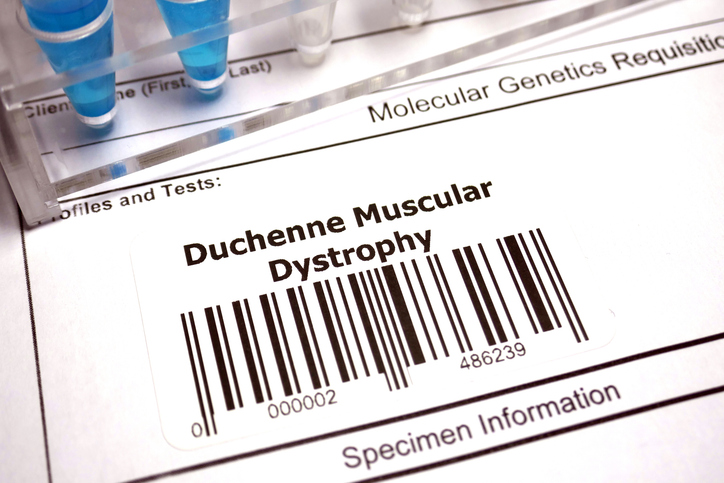
Children with developmental delays/disorders or autistic spectrum disorder (ASD) are more than 50% more likely to be overweight or obese by age five than the general population, according to a recent study.
Using the Study to Explore Early Development, researchers compared children (age 2-5 years) with ASD (n = 668), with developmental delays/disorders (n = 914), and of the general population (controls, n = 884). The Ohio State University Global Severity Scale for Autism was used to measure ASD severity.
NEWS: Children with autism more likely to be overweight https://t.co/GXEvoM4thA pic.twitter.com/GJZ2PhY6rC
— Health Professional Academy (@HealthProfAcad) October 19, 2018
The odds of overweight/obesity were 1.57 times (95% CI 1.24-2.00) greater in the autistic spectrum disorder cohort compared with the control group, and 1.38 times (95% CI 1.10-1.72) higher among children with developmental delays/disorders than the control group. When adjusting for child co-occurring conditions, children with ASD were still at an increased risk of being overweight/obese (ASD vs general population controls: adjusted odds ratio = 1.51; 95% CI 1.14-2.00). Children with more severe ASD symptoms were 1.7 times (95% CI 1.1-2.8) as likely as those with mild ASD symptoms to be overweight/obese.
Kids with #Autism or Developmental Delays Far More Likely to Be Overweight https://t.co/k8zjvDZEWE pic.twitter.com/MDXOBk5qrg
— Autism Research Institute (@ariConference) October 22, 2018
The findings warrant further research to determine why children with ASD and developmental delays/disorders have a higher risk of being obese/overweight, said lead study author Susan E. Levy, MD, MPH, medical director of the Center for Autism Research at the Children’s Hospital of Philadelphia.
Fresh evidence that U.S. children on the spectrum are more likely to be obese or overweight than their typical peers — and that the risk of obesity is highest among the children with the most severe autism features. https://t.co/AhngspOVpR pic.twitter.com/7FrOE9r7HX
— Spectrum (Autism Research News) (@Spectrum) October 4, 2018
“These findings make it clear that monitoring these children for excess weight gain at an early age is critical, and that prevention efforts should be expanded to include not just children with ASD, but those with other developmental diagnoses, as well,” Levy said.
Obesity, Diabetes During Pregnancy Linked to Babies Having Psychiatric Disorders
Acceleration of BMI in Early Childhood and Risk of Sustained Obesity
Children with Asthma at Increased Risk of Obesity
Sources: The Journal of Pediatrics, Newswise







 © 2025 Mashup Media, LLC, a Formedics Property. All Rights Reserved.
© 2025 Mashup Media, LLC, a Formedics Property. All Rights Reserved.